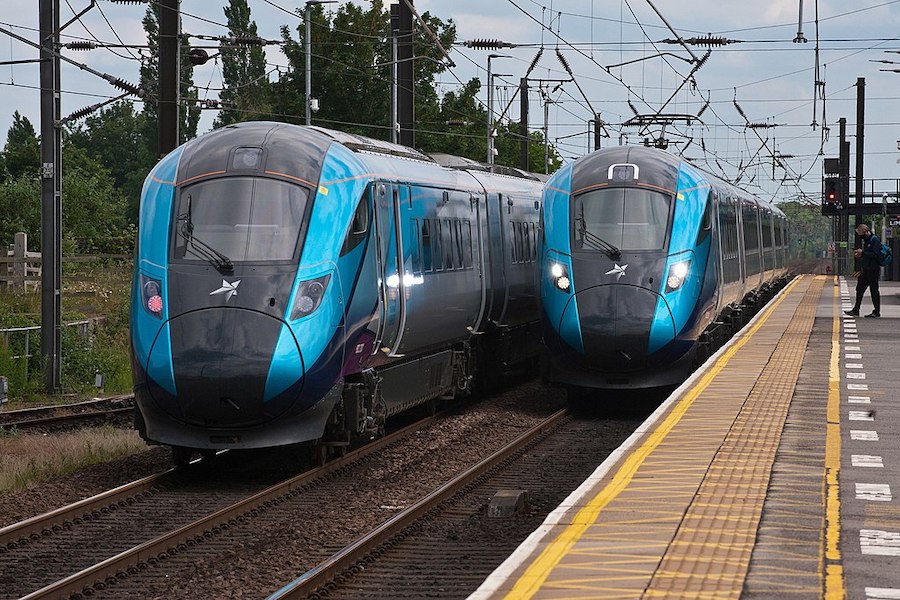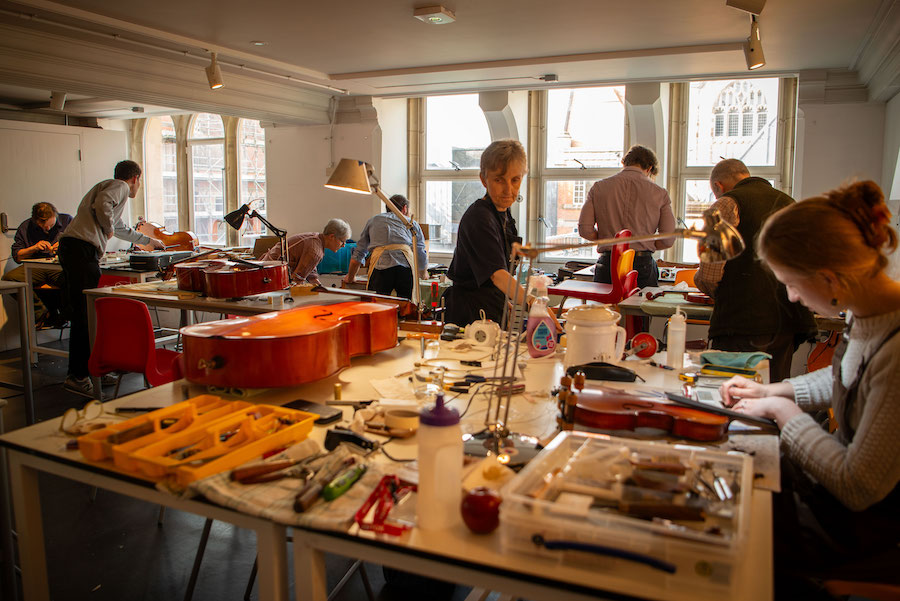Tracing back the rivalry between Manchester and Liverpool
- Written by Ed Glinert
- Last updated 1 year ago
- Cornerstone, Culture, History
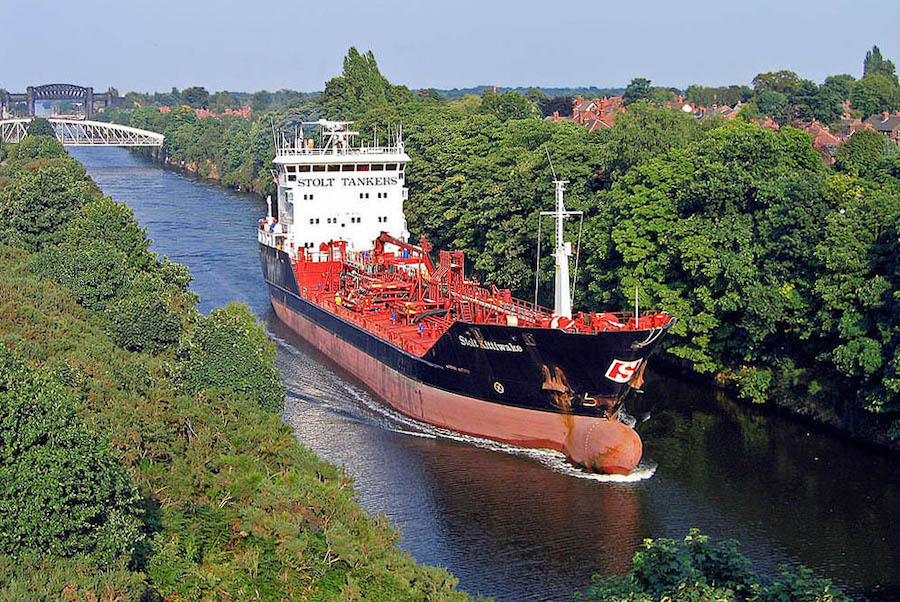
How far back should we trace the rivalry between Manchester and our formidable cousin 35 miles west down the Mersey?
In the year 1207, King John issued letters patent proclaiming the establishment of a new borough, “Livpul”, inviting people to settle there. At that time, Lancashire was considered isolated and unimportant – the major routes from London headed east to York and then on to Edinburgh. Manchester was a minor player, a village of no renown.
Liverpool moved ahead of Manchester in mediaeval times because of its status as a port for British trade. Manchester caught up and overtook Liverpool during the early years of the Industrial Revolution, only for Liverpool to respond by becoming one of the world’s major transatlantic ports.
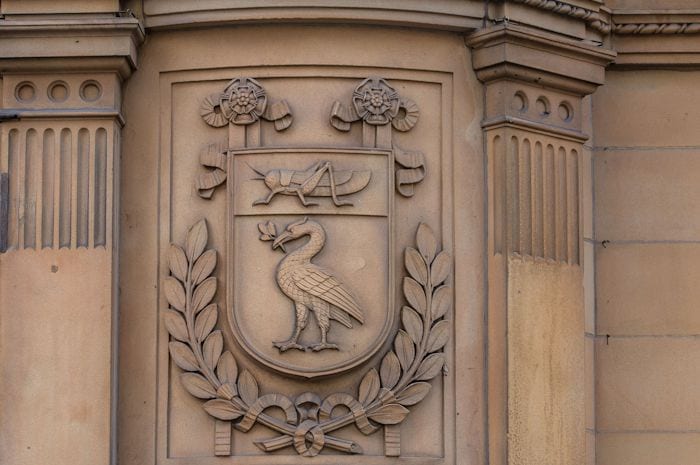
But why the rivalry? First it was over trade, then slavery, then religion, then the Manchester Ship Canal. The Manchester Ship Canal, note, not the Liverpool Ship Canal.
Now it will be kept going for evermore through that most important of all leisure pursuits – football. And we also have to factor in modern cultural mores – music and television.
Slavery
Slavery was a key battleground. On 8 October 1787, anti-slavery campaigner Thomas Clarkson spoke at the Manchester Collegiate Church (now Manchester Cathedral) in his countrywide campaign to highlight the iniquities of the system. Manchester went on to amass the biggest collection of signatures opposing slavery sent to Parliament. The petition was lost when the House burnt down in 1834.
But when Clarkson turned up in Liverpool, the locals tried to throw him in the Mersey. The city supported the system which had made so many so rich at the expense of so many made so poor.
Now, nearly two hundred years since the British government abolished slavery, Liverpool is still saturated with reminders: public buildings and streets named after slave traders and their work; Goree, Penny Lane, Rumford House. We don’t have anything like that in Manchester.
Religion
As Manchester and Liverpool grew during the 19th century, they drifted apart through religion – Manchester mainly Christian or Protestant through its long history of non-conformism; Liverpool mainly Catholic thanks to immigration from Ireland.
Such divisions seem trite now, but the two cities’ history reflects this contrast.
The Manchester Ship Canal
At the end of the 19th century came one of the biggest splits of all. A wide and deep 35-mile canal was built from a sea terminus just south of Liverpool heading east almost into Manchester city centre. The Manchester Ship Canal, one of the most important civil engineering projects of the late Victorian era, opened in 1894 and soon began to take trade away from Liverpool.
The people behind the canal all came from this side of Warrington. The Manchester merchants were desperate to avoid paying huge duties to Liverpool Docks to bring in raw materials and send finished products away. The Ship Canal achieved this, as Liverpool knew it would, so when Parliament approved its construction, the Liverpool Daily Post mocked ecstatically: “Manchester is going to throw £10 million into a big ditch”.
Unfortunately for the Liverpool economy, the Manchester Ship Canal worked. Manchester 1 Liverpool 0.
In recent years the rivalry has worked its way into new phenomena.
Rivalry between Manchester United vs Liverpool
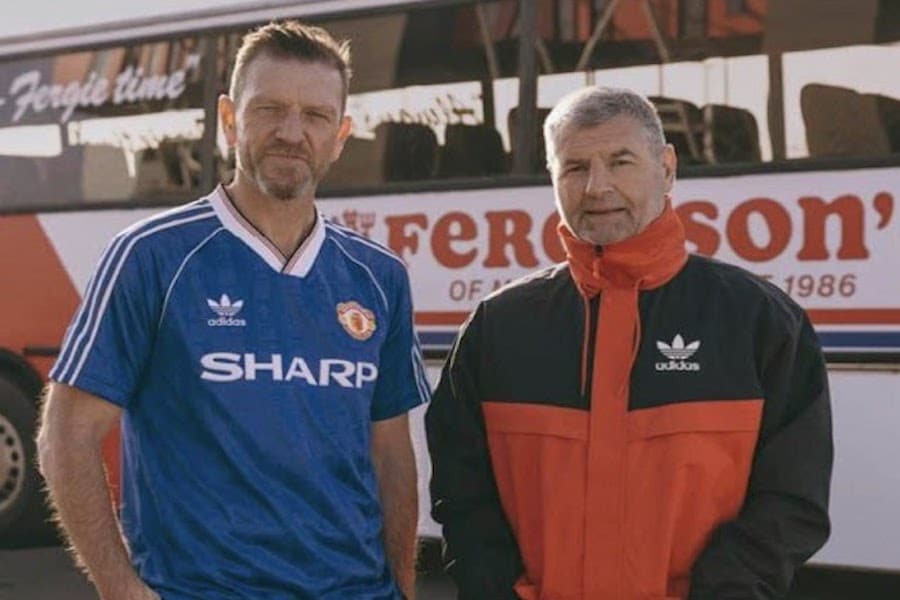
Historically, Liverpool and Manchester United are the two most successful clubs in English football. Games between them are still the most hotly contested in England.
Professional football didn’t matter until 1888 when the Football League was created. Neither Liverpool nor Manchester United (then Newton Heath) were invited to take part – something which seems unthinkable now.
In 1901, Liverpool were the first of the two to win the title. But neither team was particularly successful until after the Second World War.
By 1990, Liverpool had forged ahead with 18 championships to United’s seven. It is almost impossible to believe that since then United have won the League another 13 times, knocking Liverpool off their perch, just as Alex Ferguson promised. Manchester 2 Liverpool 0.
Music
What else can possibly compete with football? Music, of course. Even though Manchester had the extraordinary Smiths, Liverpool had the Beatles, the single most important contribution to popular music of all time. Manchester 2 Liverpool 1.
Television
Which just leaves television. Liverpool had Brookside but Coronation Street is the most watched soap in British history. Another victory for Manchester on longevity alone, but let’s call it a draw for diplomacy’s sake.
To find out more about the history of the city through its sites, signs, symbols, statues, settings, join tour guide and author Ed Glinert on one of his New Manchester Walks. More information on the website.
- This article was last updated 1 year ago.
- It was first published on 15 February 2019 and is subject to be updated from time to time. Please refresh or return to see the latest version.
Did we miss something? Let us know: press@ilovemanchester.com
Want to be the first to receive all the latest news stories, what’s on and events from the heart of Manchester? Sign up here.
Manchester is a successful city, but many people suffer. I Love Manchester helps raise awareness and funds to help improve the lives and prospects of people across Greater Manchester – and we can’t do it without your help. So please support us with what you can so we can continue to spread the love. Thank you in advance!
An email you’ll love. Subscribe to our newsletter to get the latest news stories delivered direct to your inbox.
Got a story worth sharing?
What’s the story? We are all ears when it comes to positive news and inspiring stories. You can send story ideas to press@ilovemanchester.com
While we can’t guarantee to publish everything, we will always consider any enquiry or idea that promotes:
- Independent new openings
- Human interest
- Not-for-profit organisations
- Community Interest Companies (CiCs) and projects
- Charities and charitable initiatives
- Affordability and offers saving people over 20%
For anything else, don’t hesitate to get in touch with us about advertorials (from £350+VAT) and advertising opportunities: advertise@ilovemanchester.com
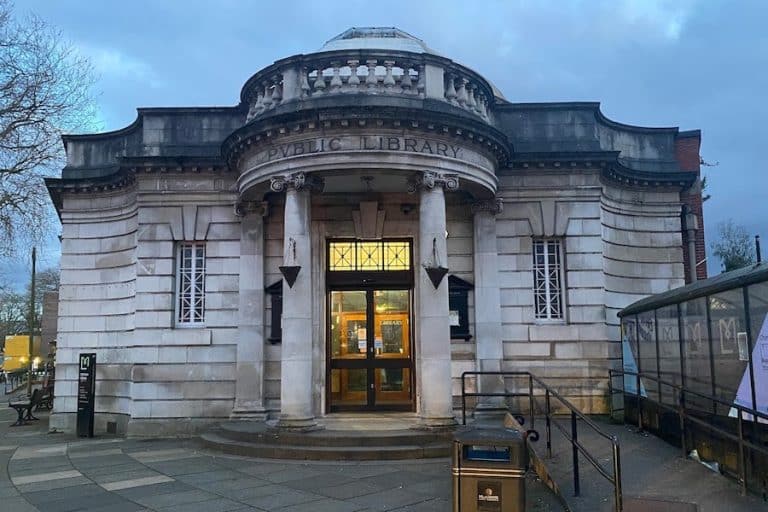
Chorlton Library gets a stunning renovation unveiling hidden treasures

How one selfless act sparked a career dedicated to saving lives
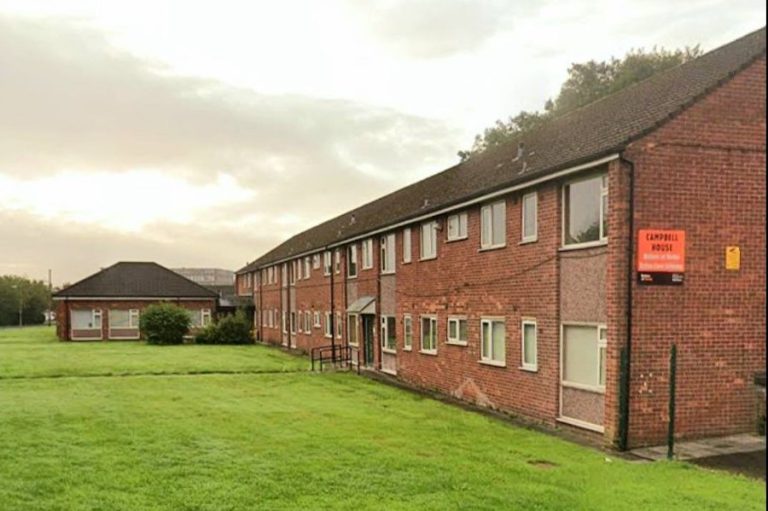
Former sheltered housing transformed into safe haven for vulnerable youth


Manchester and Los Angeles prove that opposites really do attract







